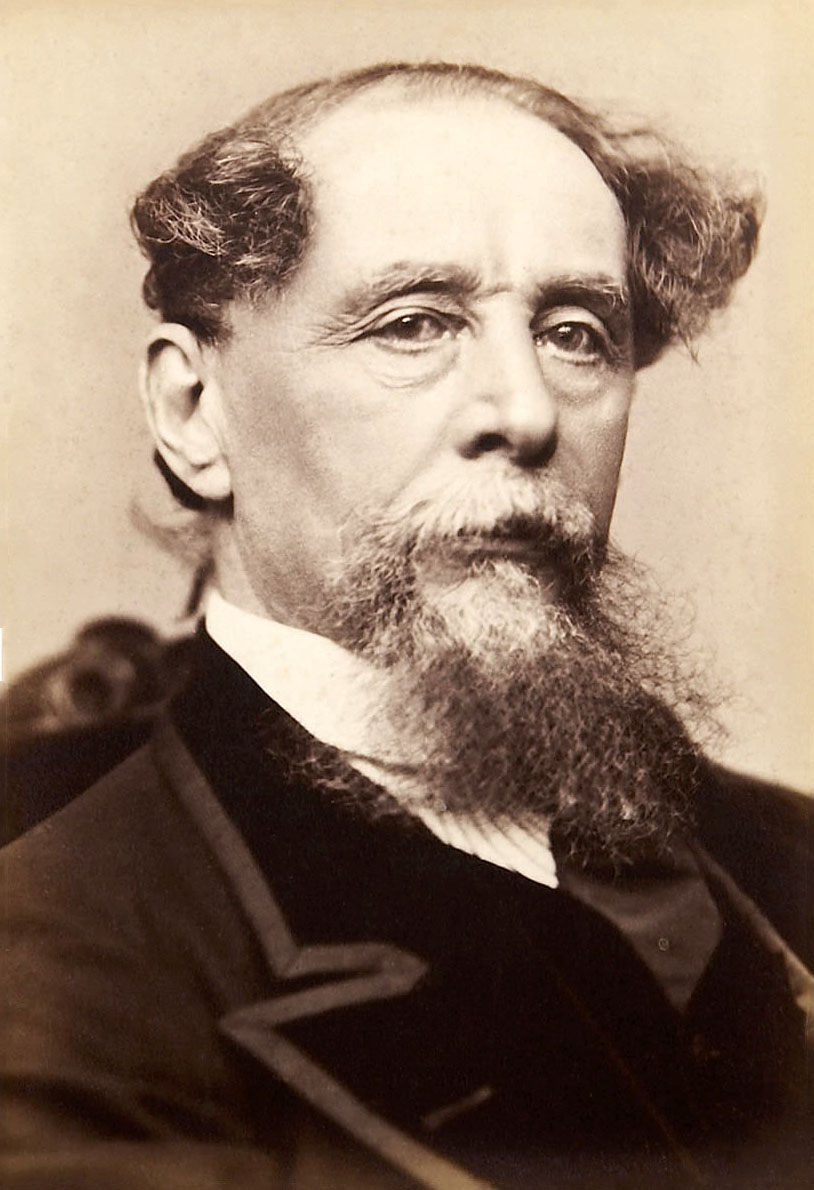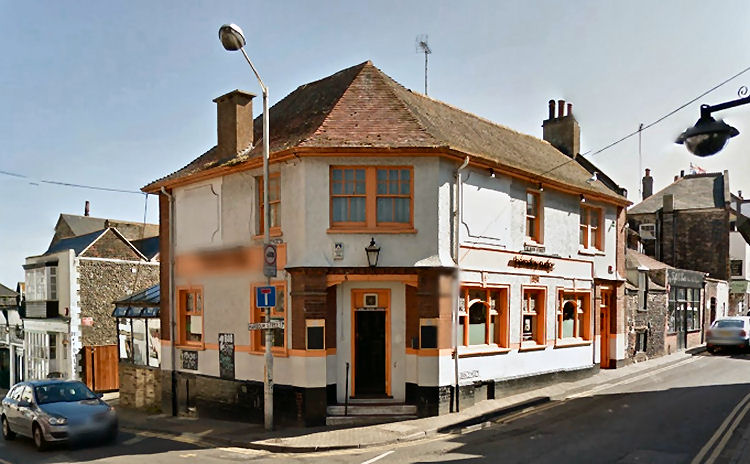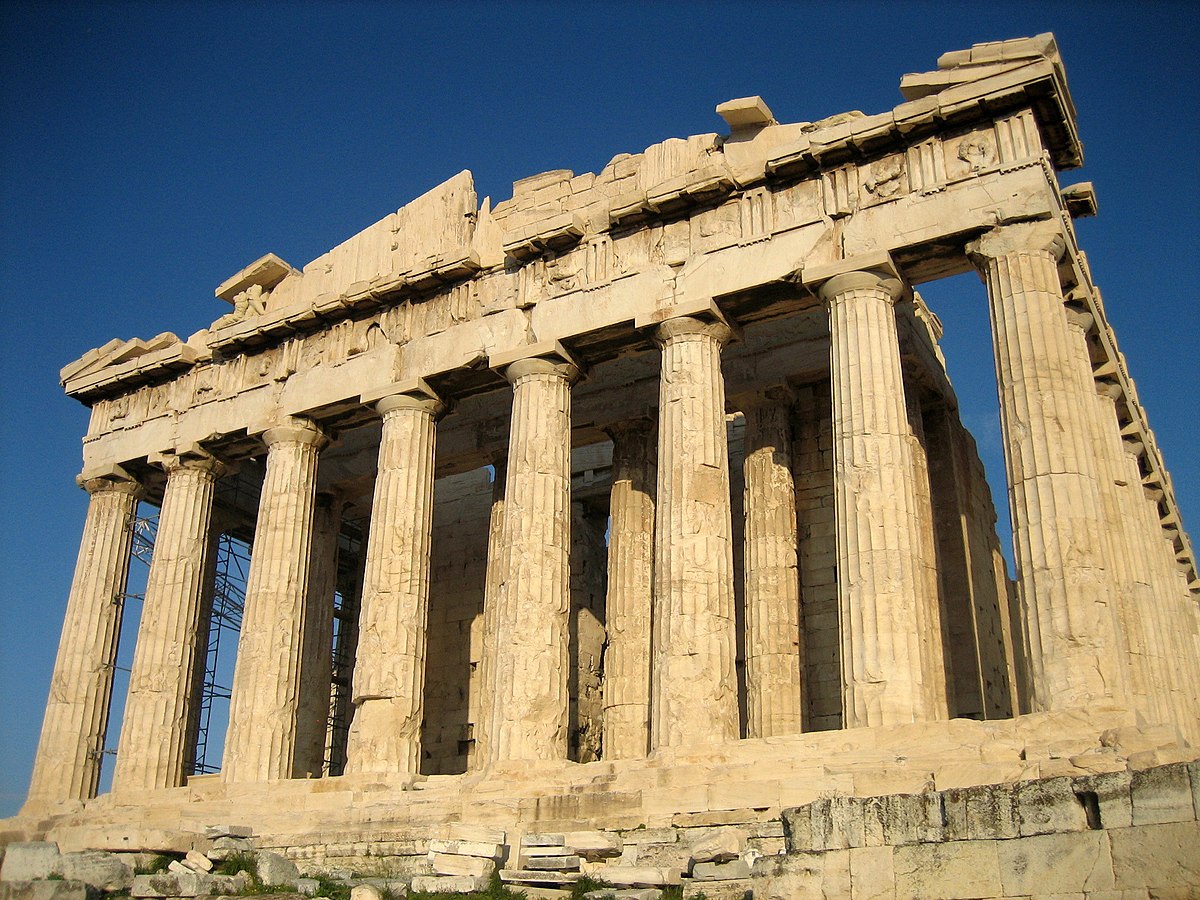First Dickens on the list, of the nine I think that are on it. This was a good one to start with, as it is one of his celebrated efforts, and I had not read it before either. It is evidently not thought highly of by many readers, especially on the internet, but I liked it, as I tend to do with most Dickens books. I had thought that A Tale of Two Cities was his only book with a historical setting, but this one goes back to an even earlier event, the anti-Catholic riots that took place in London in 1780, which episode of history I must cop to being unfamiliar with. I don't even recall its coming up in the life of Johnson, though maybe it did. It's one of the early books, and the beginning especially I found to be very funny, reminiscent of the Pickwick Papers. The later parts were not as consistently humorous, but the accounts of the riots and their aftermath were compelling and full of interest enough, and while the story is not the smoothest flowing and the characters are not among his most renowned (though I thought John Willett and his cronies, Sir John Chester, Grip the Raven, the Maypole Inn, Mrs. Varden in the earlier parts of the book when she was relentlessly contentious, and even the ridiculous servant Miggs to some extent were skillful creations), the whole was still enviably lively and profuse compared to almost anything else.
The three main complaints about Dickens that I encounter online are that he was paid by the word (which encouraged a general overindulgence in his compositions), that too many plot points are resolved by coincidences, and that his depiction of women is simplistic and generally terrible. I have never found any of these objections to have a marked effect on my ability to enjoy the books, with the possible exception of the last one, as there are times, especially in the earlier books, where even I could wish for the female characters to be a little less insipid and have a more defined character. Barnaby Rudge is not one of his better efforts in this regard, the beautiful romantic interests Dolly Varden and Emma Haredale being little better than mannequins and ciphers, though the Dolly character was apparently very popular with readers at the time. I consider that he improved in this later on--Dora and Agnes in David Copperfield and Esther Summerson in Bleak House have a certain vividness to me years after reading those books. Dora is usually dismissed as being another insipid manic pixie dream girl type, but she was not stupid, only spoiled and overindulged, very much a type one encounters in real life, which cannot be said of most of the young women characters in the earlier books. As to the other criticisms, it appears that the oft-hurled epithet that Dickens was "paid by the word" is not technically true. He was paid to produce a certain amount of copy for the installments of his books, which is what the public in his time was buying, and presumably wanted. As I find his writing and personality amiable for the most part, and am used to the form of the Victorian novel, his alleged wordiness, which is often deployed in the service of some clever or ingenious observation or another, does not put me off. On the matter of his overuse of coincidences, this is a fairly ubiquitous device in literary productions before 1900, and even afterwards, and Dickens seems to me less egregious about it than other older writers, who depend upon it more for their grand effects. Their occurrence in him is usually an afterthought for me.
The Maypole was an inspired invention.
The first 200 pages or so of this were, as noted above, extremely funny. Sadly I neglected to take note of any specific examples for my report, though I suspect a good part of the humorous effect comes from having been set up beforehand in the overall flow of the book, episodes such as Sir John Chester's alighting from his coach after much over the top but entertaining demonstration of his gentility and paying the coachmen "something less than they expected from a fare of such gentle speech."
There is an elaborate and fine description in Chapter LI, too long to reproduce in full here, of the hapless Miggs's desperate efforts to stay awake while accompanying her mistress in sitting up late that is precise, funny, absurd, and mildly uncomfortable in its accuracy. A pointed example of the man's gifts as a writer.
Another one (example) is the depiction of the rioters as viewed from the rooftops in Chapter LXVII.
"...the crowd, gathering and clustering round the house: some of the armed men pressing to the front to break down the doors and windows, some bringing brands from the nearest fire, some with lifted faces following their course upon the roof and pointing them out to their companions: all raging and roaring like the flames they lighted up..." and so on. I think this is very good.
Whether intentionally or not, Dickens comes off as rather pro-establishment here, insofar as he is decidedly anti-rioters, these latter being depicted as a rabble of mostly ne'er-do-wells. The nature of the anti-Catholic sentiment supposed to have inspired the disturbance is easy enough to denounce. History as well as legend being famously written by the victors, rioters can reliably be painted or dismissed as being in the wrong, except when they aren't (the various rebellions of the 1960s come to mind, if most of these are even considered to be riots now). One of the disappointing aspects of this book was the rather unabashed class prejudice in it. The depictions of characters such as Miggs and the pathetic apprentice/would be revolutionary Tappertit are uncharacteristically (to my mind) and needlessly cruel. Meanwhile, the middle class characters who flirt with the movement manage to see where it is heading and distance themselves from it in plenty of time to remain untainted, and the conduct of two Catholic lords whose homes were burnt by the rioters and who refused to accept any of the money offered by the government in compensation were singled out for praise.
Dickens gave the estimated cost of the riots as being from 125,000 to 155,000 pounds, which I guess was a notable sum at that time.
Chapter LXXVII, the execution scene, with its description of the slow progress of the morning sun, the gathering of the crowd, their entertainments while waiting, etc. Also good.
Chapter the Last, of John Willett:
"He left a large sum of money behind him; even more than he was supposed to have been worth, although the neighbors, according to the custom of mankind in calculating the wealth that other people ought to have saved, had estimated his property in good round numbers."
I haven't mentioned the title character, Barnaby Rudge himself at all. He was an "idiot", less attuned to what was going on in the story than his pet raven, and my dislike of mentally limited characters, even when they appear in Dickens, is well documented. Neither he nor his mother brought anything to the story as far as I am concerned.
I have been collecting, and subsequently reading, volumes from the Oxford Illustrated Dickens series since the 90s. While these are new(er) books, they have the essential original illustrations as well as a classic readable typeface. Here is a picture of all my Dickens books from this set that I have acquired so far. On the shelf below you can see that I have the complete set of the Oxford Illustrated Jane Austen as well. Oxford also has put out a similar set of Mark Twain's works, but I don't have any of those as yet.
Here is Barnaby Rudge alone. I struggle with the phone camera to take a clear photo, especially in the surreptitious manner with which I take these photos, as I don't particularly care to be caught on a beautiful sunny day snapping pictures of books.
The Bourgeois Surrender Challenge
1. Scent of a Woman (movie)....................................................1,367
2. Mary E. Pearson--The Kiss of Deception.................................679
3. Bill Bryson--I'm a Stranger Here Myself.................................468
4. Rachel Vincent--My Soul to Lose.............................................192
5. Titans East Part I (Teen Titans: S 03 E 12 TV Show).............150
6. Peter Ackroyd--London: The Biography....................................98
7. Dafydd ab Hugh--Endgame (Doom)..........................................49
8. Victor Hugo--The Man Who Lives.............................................38
9. Annelisa Christensen--The Polish Midwife................................37
10. Ron Roy--The Runaway Racehorse..........................................31
11. Lindsay Hunter--Don't Kiss Me................................................31
12. Harold C. Goddard--The Meaning of Shakespeare, Vol. 1.......24
13. E. N. Joy--Lady of the House....................................................22
14. Work of Robert G. Ingersoll, Vol 1: Lectures............................19
15. Carol Marinelli--The Only Woman to Defy Him.......................14
16. Travis Kennedy--True Ghost Stories and Hauntings................14
1st Round
#16 Kennedy over #1 Scent of a Woman
The ghost story book--not my favorite genre--glides through with a shaky win.
#2 Pearson over #15 Marinelli
Battle of the genre books.
#3 Bryson over #14 Ingersoll
A halfway interesting matchup. Bryson's travel books are the kind of thing that the Challenge was created to give me an excuse to read from time to time.
#4 Vincent over #13 Joy
More genre books
#12 Goddard over #5 Titans
#11 Hunter over #6 Ackroyd
The Ackroyd book I have seen lauded, but he is the victim here of one of my dreaded upsets.
#7 Hugh over #10 Roy
Roy's is a children's book, but I would have given it the victory over an offering from the "Doom" series anyway. However, Hugh has an upset coming.
#9 Christensen over #8 Hugo
The Christensen may be a real book. Anyway she has an upset to pull out too. Victor Hugo's lesser known novels have now turned up several times on the Challenge, usually to be the victim of an early upset. I will have to keep watching for this trend.
Round of 8
#2 Pearson over #16 Kennedy
Because of the library factor.
#3 Bryson over #12 Goddard
The Bryson book appeals more to me at the moment. I haven't read a travel book in a while.
#11 Hunter over #4 Vincent
The library, surprisingly, gives the win to Hunter.
#9 Christensen over #7 Hugh
Final Four
#11 Hunter over #2 Pearson
Hunter is 300 pages shorter
#3 Bryson over #9 Christensen
The libraries don't carry Christensen anyway.
Championship
#3 Bryson over #11 Hunter
An anti-climactic final. However given that I am four or five books behind on the Challenge list, I am happy with the result.
Thursday, August 23, 2018
Monday, August 6, 2018
August 2018
A List: Leo Tolstoy--The Cossacks......................................114/170
B List: Charles Dickens--Barnaby Rudge............................623/634
C List: John Steinbeck--East of Eden..................................500/601
It's been a very busy summer, and not as much time to sit around reading as I might like. However, I will obviously be finished Barnaby Rudge and working on that report soon, and once that happens I can wrap up East of Eden too, a book which I have noted in past monthly reports that I am very fond of.
Tolstoy is always Tolstoy, naturally, though I thought that compared with other things I had read of his that The Cossacks during the beginning stages after the main character leaves Moscow and first settles in the Cossack territory was more like a conventional European novel of the 19th century, albeit a perfectly good one, but not as imbued with the special Tolstoy quality with his other books. However as the story progresses it is taking on more and more of that beautiful shape that comes from seeing and understanding the way people experience life in the most crucial instances of it (and small repetitive habits or instances of noticing can be crucial facets of experience, at least in literature and other art).
It's been a very hectic summer. Some changes are going on my house that have multiple rooms in a state of disarray. The children, while they have some activities, are not excessively busy, but there are just so many of them. It has been very hot as well, it has been in the mid-90s on several occasions, and living in an old house in the north we don't have air conditioning apart from window units in a couple of the bedrooms. No vacation or even very many outings. We've been to the Maine coast only once, on the fourth of July! It's a summer of reorganization.
B List: Charles Dickens--Barnaby Rudge............................623/634
C List: John Steinbeck--East of Eden..................................500/601
It's been a very busy summer, and not as much time to sit around reading as I might like. However, I will obviously be finished Barnaby Rudge and working on that report soon, and once that happens I can wrap up East of Eden too, a book which I have noted in past monthly reports that I am very fond of.
Tolstoy is always Tolstoy, naturally, though I thought that compared with other things I had read of his that The Cossacks during the beginning stages after the main character leaves Moscow and first settles in the Cossack territory was more like a conventional European novel of the 19th century, albeit a perfectly good one, but not as imbued with the special Tolstoy quality with his other books. However as the story progresses it is taking on more and more of that beautiful shape that comes from seeing and understanding the way people experience life in the most crucial instances of it (and small repetitive habits or instances of noticing can be crucial facets of experience, at least in literature and other art).
It's been a very hectic summer. Some changes are going on my house that have multiple rooms in a state of disarray. The children, while they have some activities, are not excessively busy, but there are just so many of them. It has been very hot as well, it has been in the mid-90s on several occasions, and living in an old house in the north we don't have air conditioning apart from window units in a couple of the bedrooms. No vacation or even very many outings. We've been to the Maine coast only once, on the fourth of July! It's a summer of reorganization.
Thursday, August 2, 2018
Greece
1. Attica.............................................................13
According to the accompanying article, these ladies may have booked a trip to Attica (tourism from Germany is evidently booming there).
2. Peloponnese....................................................6
3. Central Greece................................................3
Eastern Greece................................................3
5. Central Macedonia......................................... 2
East Macedonia & Thrace...............................2
Thessaly...........................................................2
West Greece.....................................................2
9. Epirus...............................................................1
Ionian Islands...................................................1
North Aegean...................................................1
South Aegean...................................................1
Subscribe to:
Posts (Atom)














